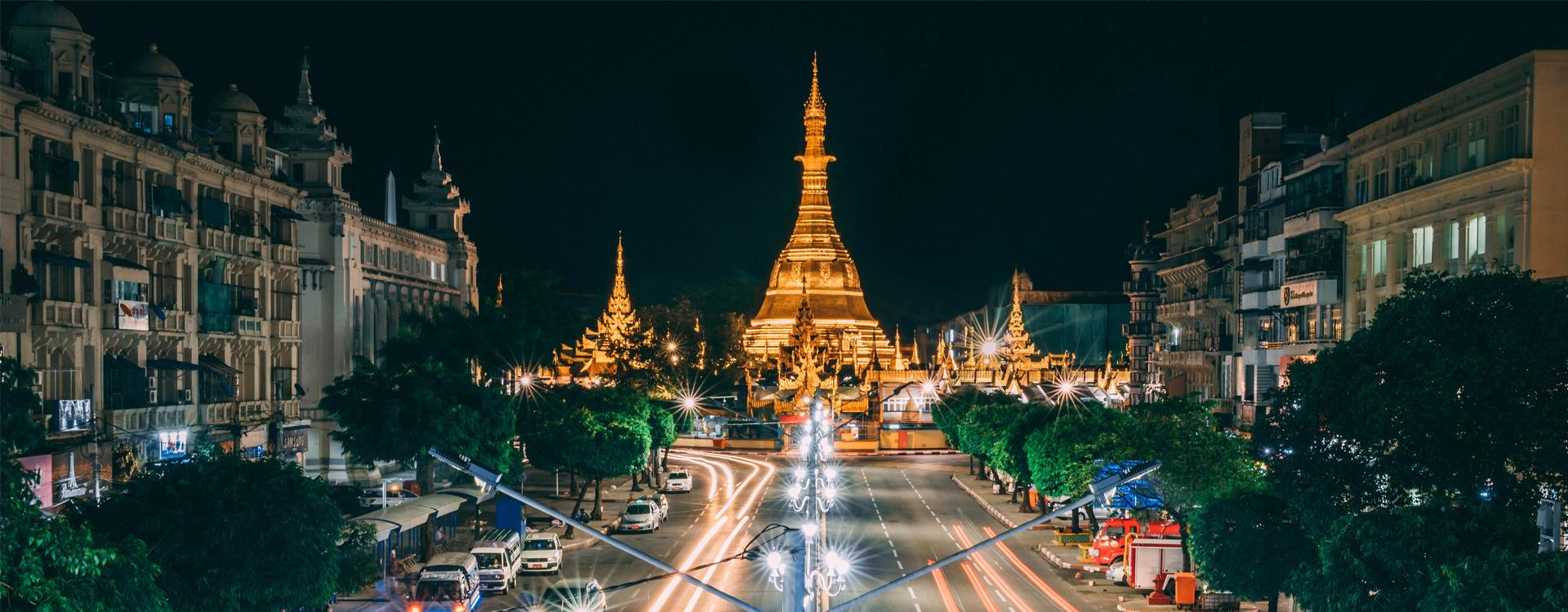
Ministry of Investment and Foreign Economic Relations (MIFER),The Republic of the Union of Myanmar

Ministry of Investment and Foreign Economic Relations (MIFER),The Republic of the Union of Myanmar




Myanmar Online Investment Directory
MyInDy supports contact information easy to find via online
Myanmar Companies Online
Register your business on Myanmar Compaines Online (MyCo) now
 FACILITATE BUSINESS
FACILITATE BUSINESS PROMOTE INVESTMENT
PROMOTE INVESTMENT SUSTAIN THE COUNTRY'S DEVELOPMENT
SUSTAIN THE COUNTRY'S DEVELOPMENTNay Pyi Taw Investment Monitoring Team, conducted a field inspection of investment projects; the manufacturing and Assembling of Motorcycles (2 wheels), Assembling, Manufacturing and Sales of Tri Motorcycle, Manufacturing and Sales of Electric Motorcycle, Production of Frozen Beef and Dried Beef and Production of Roof Sheet in Nay Pyi Taw on 13th May 2025. The team discussed project implementation and coordinated necessary support for the projects.
POSTED ON 15 May 2025Yangon Region Investment Monitoring Team conducted a field inspection on hotel services for the commencement of commercial operation and manufacturing and selling of variety of mould, manufacturing of various kinds of bags on CMP basis, manufacturing of various kinds of dolls on CMP basis and manufacturing of wearing apparel on CMP basis Companies for operation in Thingangyun Township, East Dagon Township and South Dagon Township in Yangon Region on 9th May, 2025. The team inspected operating condition of businesses, implementing condition of the responsibilities of investors and coordinated the needs of the factory.
POSTED ON 13 May 2025The (3/2025) meeting of the Shan State Investment Committee was held on April 26 2025 at the Shan State Government Office in the meeting hall. The meeting was attended by the Chairman of the Shan State Investment Committee, Chief Minister of the Shan State Government, U Aung Aung, and members of the Shan State Investment Committee.During the meeting, the proposal to approve the production and export of marigold powder used for animal feed by Myanmar Pureplant Extracts Company Limited was discussed. This project will bring in foreign investment of US$2.027 million and create employment opportunities for 185 local workers and 10 foreign workers.As the Shan State Investment Committee, (7) foreign investment businesses with a total investment amount of US$16.163 million and (18) Myanmar investment enterprises with a total investment amount of 46,216.301 million Kyats (including US$7.592 million) have been approved. Through these businesses, employment opportunities have been created for 1,513 local workers and 68 foreign workers in Shan State.
POSTED ON 09 May 2025As the primary interface between businesses and the government, DICA is mandated to promote private sector development and to boost domestic and foreign investment by creating a conductive investment climate.
Registration is the first step a businessperson will be required to take before incorporating a company or making an investment in Myanmar, whether that person is a citizen of Myanmar or a foreigner. In accordance with the Myanmar Companies Law 2017, a company may be registered in one of the following forms:
The Myanmar Investment Commission (MIC) is responsible for verifying and approving investment proposals and regularly issues notifications about sector-specific developments. The MIC is comprised of representatives and experts from government ministries, departments and governmental and non-governmental bodies.